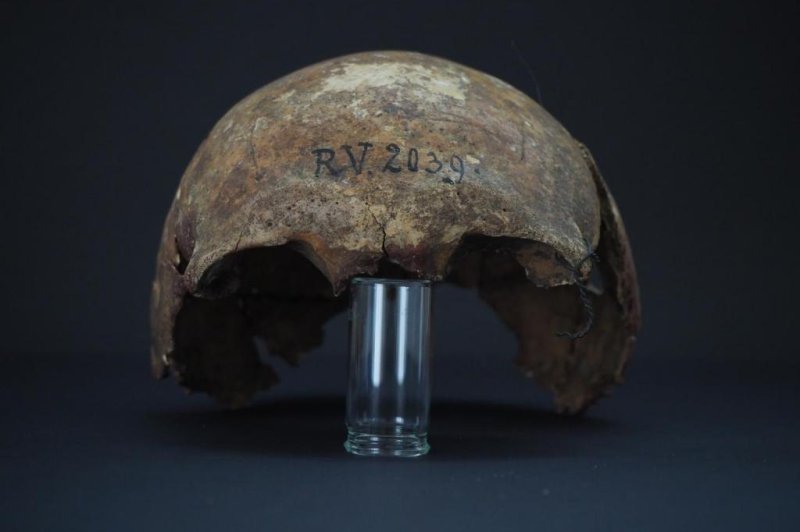
The World Health Organization declared Wednesday that China is malaria-free after a 70-year effort of targeted action against the disease that reportedly affected 30 million in the 1940s. File Photo by Anawat Sudchanham/Shutterstock
June 30 (UPI) -- The World Health Organization declared Wednesday that China is malaria-free after a 70-year effort of targeted action against the disease that reportedly affected 30 million Chinese residents in the 1940s.
It's the first country in the WHO Western Pacific Region to receive the award in over three decades. Forty countries and territories globally have been granted malaria-free certification from the WHO.
"China's tireless effort to achieve this important milestone demonstrates how strong political commitment and strengthening national health systems can result in eliminating a disease that once was a major public health problem," Dr. Takeshi Kasai, regional director of the WHO Western Pacific Regional Office, said in a press release. "China's achievement takes us one step closer towards the vision of a malaria-free Western Pacific Region."
China started targeting the disease in the 1950s by providing antimalarial medicines for those at risk and treatment for those who contracted it. China also reduced mosquito breeding grounds and increased its use of insecticide spraying in homes.
The "523 Project" was launched in 1967, beginning research into new treatments for malaria. Over 500 scientist across 60 institutions were part of the project. In the 1970s, China discovered one of the most effect antimalarial drugs -- artemisinin.
China extensively tested insecticide-treated nets to prevent malaria in the 1980s. By 1988, more than 2.4 million nets were distributed nationwide, leading to substantial reductions in malaria.
Two years later, cases plummeted to 117,000 and deaths were reduced by 95%. Within another 10 years, the number of cases fell to 5,000.
China provides basic healthcare free of charge, allowing its residents to access affordable services for the diagnosis and treatment of malaria regardless of legal or financial status.
RELATED China firm wins patent on malaria vaccine










